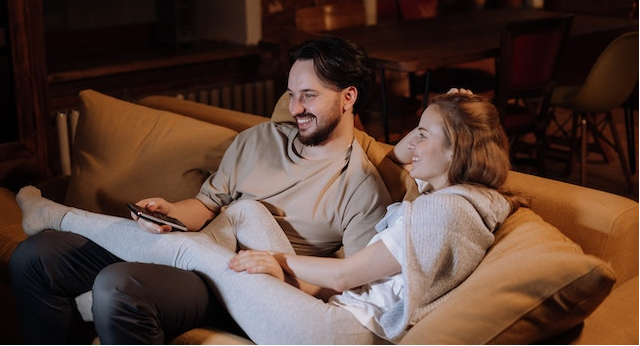What is couples counseling and why should I consider it ?
When two people decide to get married, they’re usually hoping for a romantic happily ever after. But unfortunately, things don’t always turn out the way we hope and expect them to – which can often lead to rocky relationships and eventually marriage counseling or couples counseling. What is couples counseling, you may be wondering? Read on! In this blog post, we’ll look at what it means for a couple to go through couples counseling and how it might just provide the saving grace your relationship needs.
What do we talk about in therapy
During therapy, partners gain insight into their relationship, resolve conflict, and improve relationship satisfaction using various therapeutic interventions. Although behavioral relationship counseling techniques can vary depending on a therapist’s experience and the needs of the couple, most involve the following general elements:
- A focus on a specific problem (i.e., sexual difficulties, Internet addiction, intimacy, jealousy)
- Active participation as the couples therapist treats the relationship as one, rather than everyone separately
- Solution-focused, change-oriented interventions early on in treatment
- A clear establishment of objectives
- Is couples therapy worth the time and effort? Studies show it is. Research conducted by the American Association of Marriage and Family found that over 97% of surveyed couples believe they got the help they needed from couples therapy. In addition, 93% of couples said therapy gave them more effective tools for dealing with conflict.
Other Blogs
Services Offered

Have a question or looking for support ?
Preparing yourself for counseling
Are you considering therapy but don’t know what to expect? Don’t worry – it may feel a little overwhelming, but the process doesn’t have to be intimidating! From how often you should meet with your therapist to what kinds of things you should discuss during your sessions, there are some key elements of therapy that can help set realistic expectations for yourself and make sure your experience is as successful as possible. Keep reading to learn more about what you can expect from therapy – we promise it won’t be scary.
Therapy can be an intimidating prospect for those who have never experienced it before. Questions about feelings, fears and childhoods often enter the mind – but fear not! Therapists come in many forms and don’t all practice “by-the-book” sessions; some may even invite you to turn the tables by asking questions of them! So if you’re curious, there’s no need hide – ask away in that first session!
Tips for making the most out of your counseling sessions
Are you and your partner feeling like you’re struggling to make progress in communicating with each other? Is it time for couples counseling, but the thought of hearing “I told you so” doesn’t exactly excite either of you? Then we have a solution! Couples counseling can often be intimidating, but that feeling doesn’t need to persist when exploring solutions together. Let’s look at how changing into more positive habits can ease communication between partners and make couples counseling much more rewarding.
After years of chatting with therapists, other therapy-goers and people who were on the fence, I learned many people who consider therapy feel similarly before they commit. Therapy is a different for everyone, but there are common myths and misconceptions that aren’t true, ones that prevent people from receiving the benefits I have.

Will Couples Therapy Work For Us?
Attempting to solve conflicts on your own may feel time-consuming, as you may need to figure out what works as you go along without the support of a professional. Attending weekly couples therapy may help a couple move forward with a structured plan for their relationship.
Success or failure in therapy may depend on the extent to which both partners are willing to commit to couples therapy techniques and exercises. If one or both of you are unwilling to engage and provide a commitment to the process thoroughly, you may not benefit as much as you would with a positive mindset.
The couples therapy process can take effort from both sides. You may learn about areas where you acted unhealthily, which could feel challenging to address in front of a therapist and your partner.
